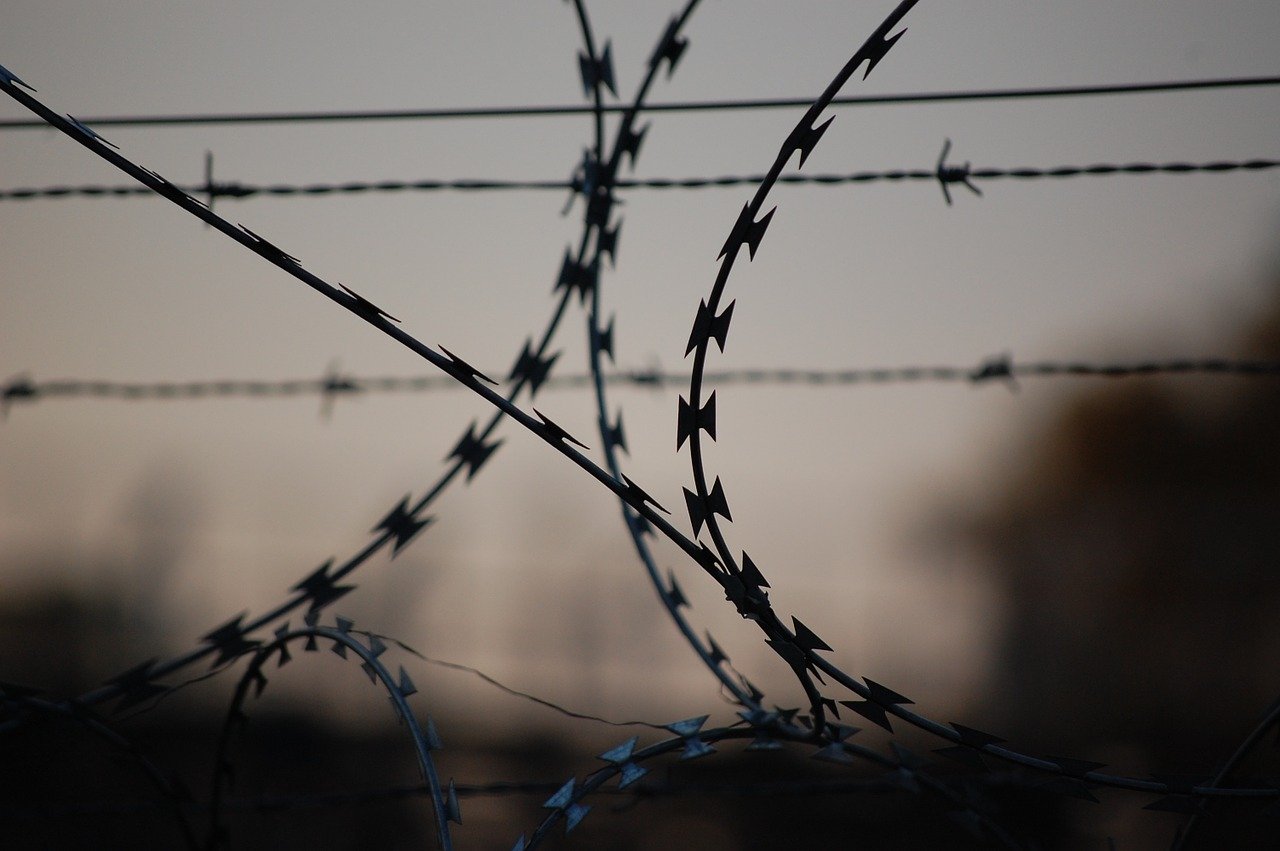Memorial publishes a report on political repression and political prisoners in Russia in 2018-2019

The report attempts to provide a comprehensive overview of the situation with political prisoners in today’s Russia and analyses various aspects of the ongoing politically motivated repression in the country.
The authors conclude that:
- The number of political prisoners in Russia continued to rise: in early 2018 there were 130 names on the list, in 2019 this number rose up to 314.
- Most of political prisoners were deprived of liberty in connection to the right to freedom of religion and religious affiliation.
- In 2018 — 2019, 35 articles of the Russian Criminal Code were used for political repression.
- Political repression in Russia entails large-scale violations of fundamental human rights, including the prohibition of torture, right to liberty and security, right to a fair trial, right to trial within a reasonable time or release pending trial.
- Public attention to the problem of politically motivated prosecution as well as public solidarity with its victims grew steadily over 2018 — 2019.
To put an end to political repression in Russia, the political regime must fundamentally change. Yet, it is possible and necessary to demand today that:
- unlawful articles of the Criminal Code be repealed (Article 212.1; 280.1; Article 148 (Parts 1 and 2); Article 284.1; Article 330.1; Article 354.1 of the Russian Criminal Code);
- anti-extremism and anti-terrorism legislation be fundamentally reviewed and clarified (Articles 282, 213, and 275 of the Russian Criminal Code);
- the interpretation and application of «group» articles of the Criminal Code (Articles 282.1, 282.2, 205.4 and 205.5 of the Russian Criminal Code) and articles facilitating prosecution for public statements be changed;
- jury trials be expanded.
The report is divided into thematic chapters dealing with specific topics of interest: who political prisoners are, who faces politically motivated prosecution in Russia and what charges are advanced against them, what human rights are violated, and what motives drive the organisers and perpetrators of the repression.
The authors of the report go beyond a simple description and analysis of individual cases and try to outline both the response of Russian civil society to the repression and the reaction of the Russian authorities to the growing public discontent.
Die Lage der politischen Gefangenen und andere Menschenrechtsprobleme verschärfen sich von Jahr zu Jahr. Wir beleben den Dialog zwischen der russischen und der deutschen Menschenrechtsgemeinschaft wieder und bauen ihre konstruktive Interaktion, wechselseitige Information und Unterstützung auf.
Wir stellen Informationen für die deutsche Öffentlichkeit über die Situation des Schutzes von Menschenrechten in Russland und Belarus zur Verfügung und die russische und belarussische Seiten werden entsprechend über den Stand der Dinge auf diesem Gebiet in Deutschland informiert; wir schaffen einen Mechanismus zur Unterstützung russischer und belarussischer Menschenrechtsverteidiger, Opfer politischer Repressionen und politischer Gefangenen.
Wir freuen uns auf Ihre Teilnahme am deutsch-russischen Menschenrechtsdialog auf unserer Website und in den Sozialen Netzen. Ebenso laden wir Sie ein, den Newsletter zu Menschenrechtsfragen zu abonnieren, indem Sie auf den folgenden Link klicken.